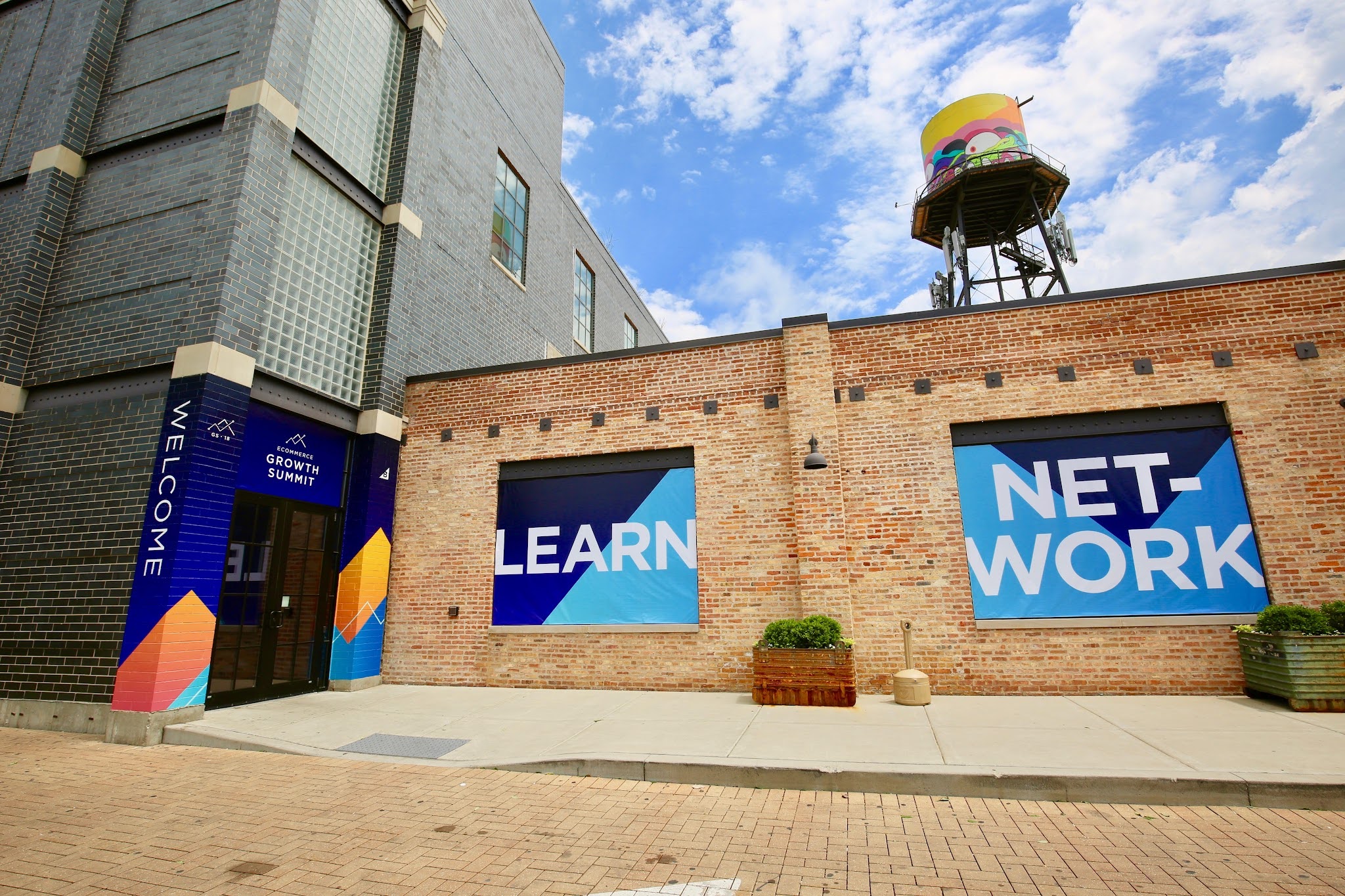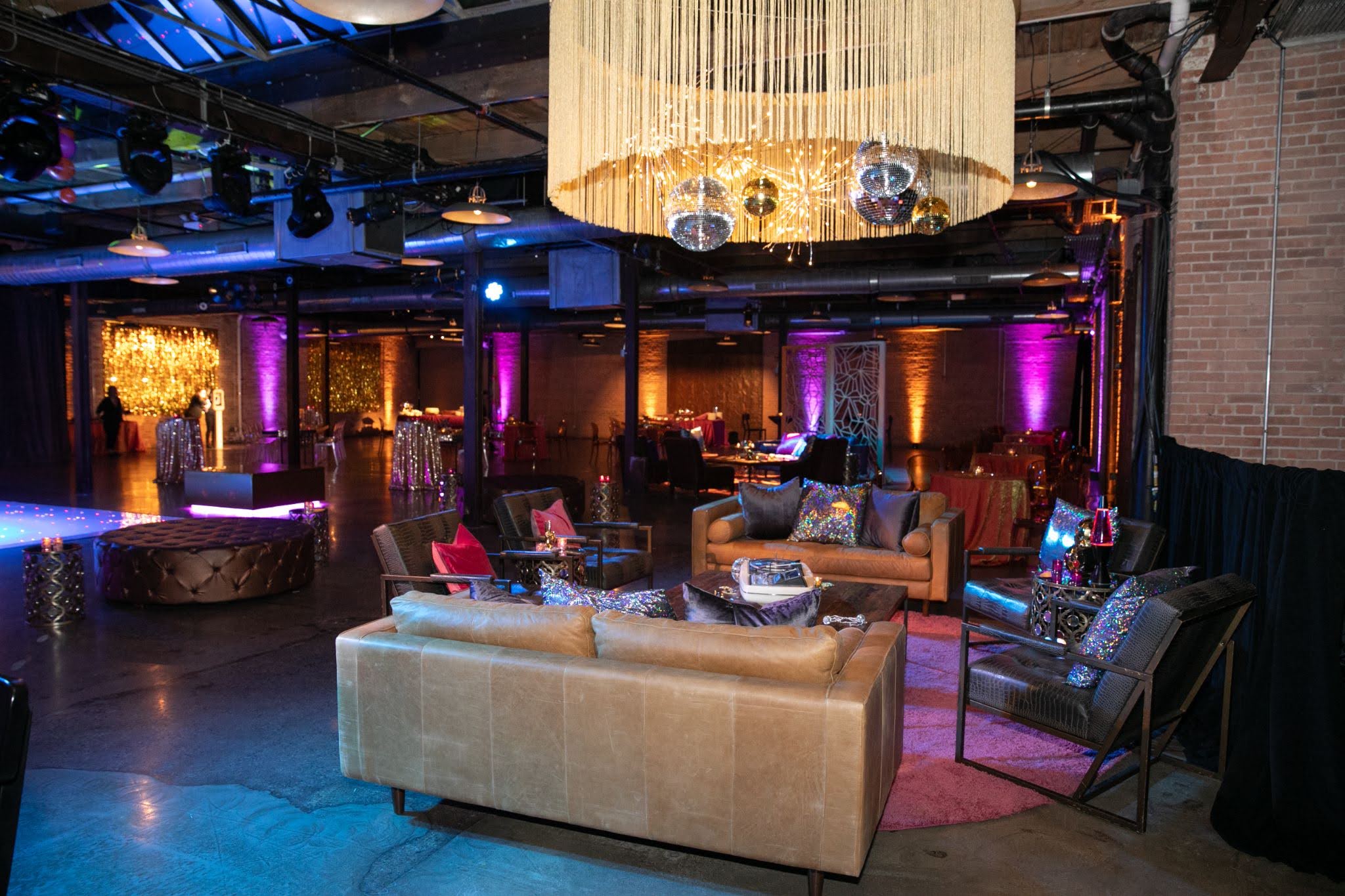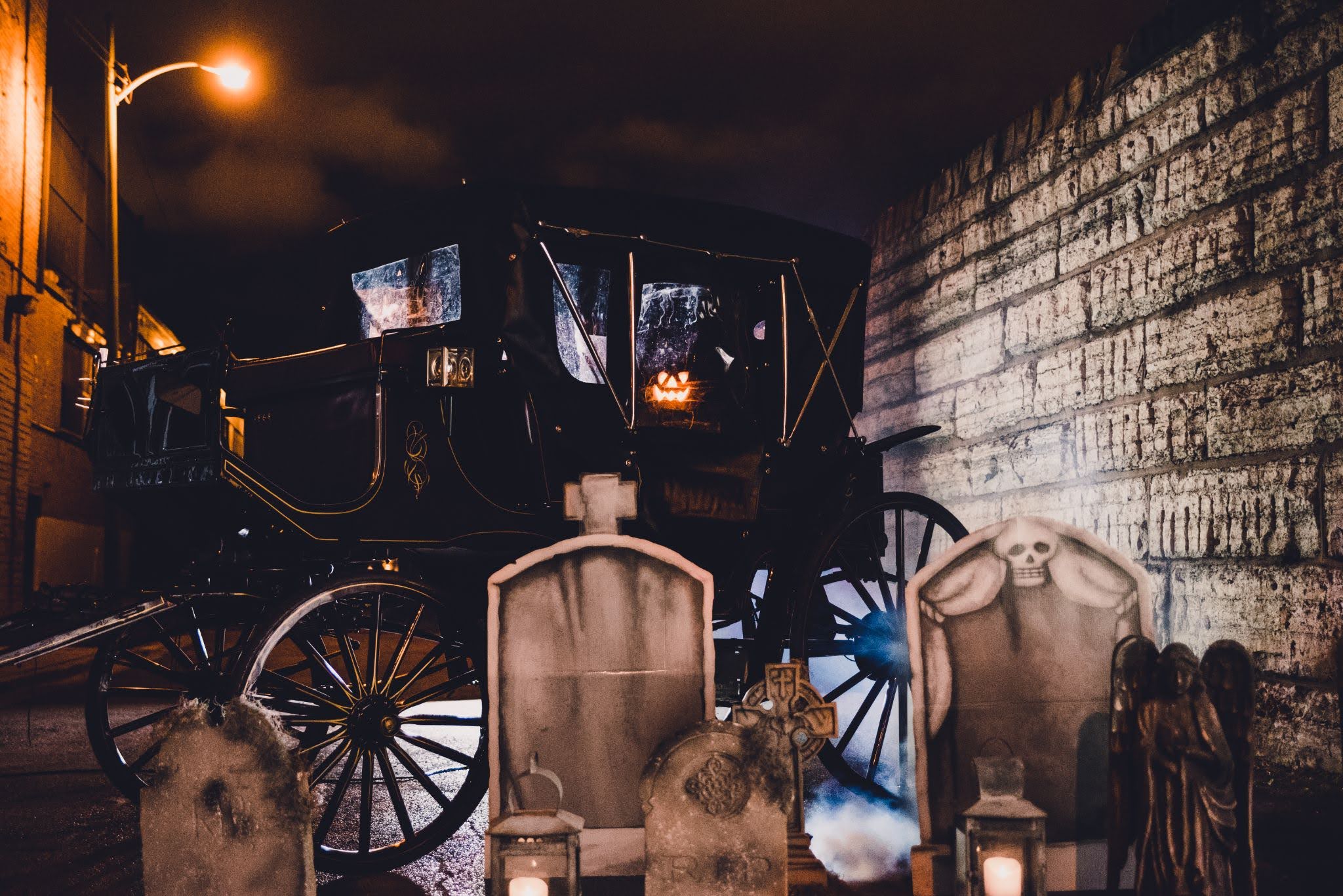When was the last time you had a real conversation? You know, like a good, healthy deep-dive into a topic that everyone was passionate about? A conversation that people listened and considered different points of view, coming out of it enlightened, supported, and feeling more fulfilled.
We’ve become a society full of talk, but void of conversation. We consume our news in 140 characters, scrollable headlines, or 30-seconds videos, all from sources that have magic algorithms designed to agree with our own point of view. This is also how we’ve started to communicate with each other.
Seldom do our conversations go beyond the surface. There is far too much vulnerability when exposing our shortcomings, so we have trained ourselves to only showcase our successes despite how we achieved them.
This all has me desperately longing for the good ‘ol days of collegiate debate. You remember those? When time flew by because you were so engrossed in this educated, impassioned conversation.
It seems I’m not alone here. There’s an increased desire for more complex content and deeper conversations. Our clients are wanting their events to have a longer-lasting impression, to resonate on a deeper, more personal level.
Fortunately, our industry is listening! I was recently invited to a dinner, which may have been one of the most fulfilling dinner experiences in my professional career. David Adler, CEO and Founder of BizBash, one of the event industry’s leading publications, along with Sue Babin, also of BizBash, recently hosted and beautifully executed a Jeffersonian Dinner.
Going into it, we didn’t know of a set agenda nor who was on the guest list; we simply knew that a highly respected voice in the industry had invited us to a small dinner party. An invitation that you just don’t refuse.
Upon arrival, it became clear that this was going to be a very special evening. The guest list was comprised of nine local industry professionals from both the supplier and buyer side. The realization began to settle in that this guest list was procured of members that are the very foundation of this industry. Talents that make the work we do inspired, and the people who possess the passion to shape the industry as a whole. A group that makes you question, “how did I make this list?”
Our Jefferson Dinner experience started by breaking through the surface of our current identities to see the history we each brought to the table, including bartending, entry-level hotel jobs, make-up distribution fulfillment, detasseling corn, and pizza making, just to name a few. This icebreaker helped to bring a level of humility to the group around the table, creating a neutralized platform from which we were able to engage in real conversations about the state of the industry from the various angles we represented.
It was refreshing to hear that we all have frustrations with the status quo. It was humbling to share where we all came from, where we have stumbled, and where we feel the industry needs to focus in order to prosper. It was most rewarding to leave the dinner with a stronger bond and a deeper sense of friendship and camaraderie. It truly was a revolutionary dinner – pardon the pun.
![]()
So what is a “Jefferson Dinner” and why is it so unique? It’s a dinner party based on those Thomas Jefferson used to host in his home, which resulted in the discourse that helped shape our nation. Thomas Jefferson once said, “I never considered a difference of opinion in politics, in religion, in philosophy, as cause for withdrawing from a friend.”
So, how do we incorporate this concept into the way we currently conduct business? For a larger conference, forego the larger banquet-style dinner and utilize your organization’s leadership, content experts, and management teams to facilitate Jefferson Dinners as a dine-around. Incorporate report-outs from the evening’s discussions into the next morning’s general session.
![]()
For smaller team meetings, use this concept as a way to approach quarterly status meetings, brainstorming sessions for best-practices, or simply a team-building exercise.
We have heard loud and clear that there is a need for deeper dialogue and connectivity. As collaboration artists, it’s our job to find ways to make that happen. Regardless of how or where we integrate the philosophies outlined here, it’s now up to us to stop talking and start having real conversations.
(A detailed history and description can be found here, courtesy of The Village Square’s, Jefferson Dinners Project.)





